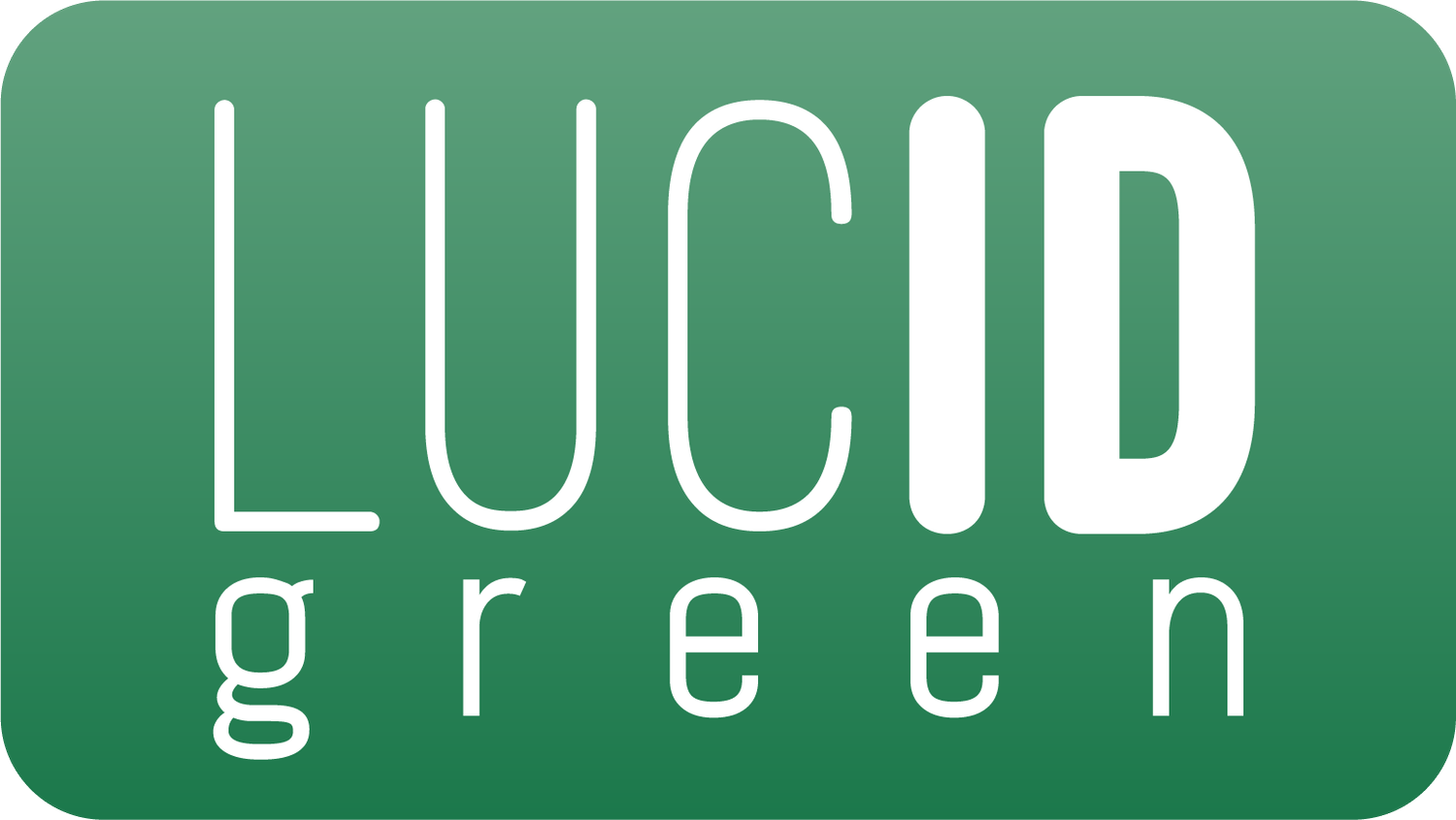Paul Botto’s Tech Background Brings Success to the Cannabis Supply Chain
Article originally published on ValiantCEO
The road to success is not an easy one and rarely do we complete the journey alone. Entrepreneurship is filled with big wins and tough challenges and throughout Paul Botto’s career in tech, he’s had plenty of both.
Paul Botto’s career shift from tech to cannabis all started with a ski accident. On the slopes of Montana, he broke his leg in 17 places, was in the hospital for eight days and underwent three surgeries. Complications arose and he barely avoided amputation.
During and after recovery, Paul was in a lot of pain. Paul wanted to replace the use of opioids as he was taking 12 pills every three hours. He remembered reading somewhere that cannabis helped alleviate pain naturally, so he decided to try it. This act also put his career shift in motion.
One by one Paul replaced a pill with a cannabis product and recovered in a fraction of the expected time. Paul knew cannabis could bring a healing experience to others in similar situations. Larry Levy, an industry friend, reached out at the perfect time.
“I’ll never forget that conversation with Larry,” said Botto. “He [Larry] started off by saying I have the perfect business for you and me to start together. It’s a little unconventional and as soon as he mentioned cannabis I was hooked. That’s how our company Lucid Green was born.”
Paul told Larry about the accident and two months after their initial conversation, and they raised $1 million to get the business off the ground. Even with their extensive background in tech, they still faced many challenges.
“We sort of forced ourselves to overshare to an already technically overwhelmed market,” said Botto.
“Our first iteration of the platform was built on the blockchain. We had mined ER-20 compliant Ethereum tokens. We built a sophisticated platform to drive adoption, easy entryways for businesses and consumers, and a revenue model based on the cryptocurrency exchange that governed those interactions. In fact, we ultimately raised our first round based on that model. It was elegant, cutting edge, and really impressive.”
Today, Lucid Green is the intelligent UPC of cannabis, providing cannabis brands, retailers and distributors with a touchless inventory management solution that increases supply chain efficiencies and cost-savings while ensuring regulatory compliance.
The company’s supply chain tech stack also translates to a consumer education tool, providing key product and experience details.
“We anticipated the vast technical gaps this new industry would have,” said Botto.
“In fact, we banked on it and planned to “fix it” with our solution. However, when we got into the market, we quickly found that selling the basic benefits and efficiencies of the platform was difficult enough on their own, but the added layer of explaining the nascent blockchain principles to operators with neither the experience nor the time to understand how it fits was a bridge too far.”
The first challenge was solved when Botto and Levy paused the blockchain component, which is relatively easy since making a blockchain private shifts it back to a normal database. From there, the duo focused on the functionality, benefits, and the holes that needed to be filled without distracting people with the inner workings of their tech.
In Lucid Green’s early years, attracting the right talent was also quite a challenge. As a brand-new industry trying to find its feet and that new industry was cannabis, with laws and public perception all over the place was incredibly challenging. The need for stars aligning to fill key positions now borders on miraculous.
When you look at Lucid Green’s team now, it is almost an embarrassment of riches. But bringing in the wrong person for key positions can be extremely traumatic for a small business.
Paul and Larry went through many ups and downs and they had to settle for the best they could do at times, but they were able to overcome them. Most importantly, Lucid Green was able to come out stronger after going through it.
Timing is critical. If you wait for perfect timing, you’ll be waiting forever. What Paul means by timing is critical is when an entrepreneur’s product is in the adoption cycle and never outpaces oneself.
If you are selling to early adopters, the market opportunity may be small and the time it takes to sell may be large. Companies can do this with smaller numbers, build the story, and improve market fit with fewer customers to disrupt as the company makes important changes.
It allows you to get out of the gate, test your theories, and perfect them with real-world experience. If you are selling to the majority, it is time to scale your team and standardize the delivery. So many companies get their timing wrong.
Paul’s advice to young entrepreneurs is to go out there and do it. “So many entrepreneurs spend years trying to build the perfect app or service in a vacuum, only to find out that their assumptions were wrong to some extent,” Botto said.
“Innovation happens so quickly now and customers will tell you what they need. Engage as soon as possible so you can be sure you are on the right track.”
If you would like to get in touch with Paul Botto or our company, you can do it through his – Linkedin Page

